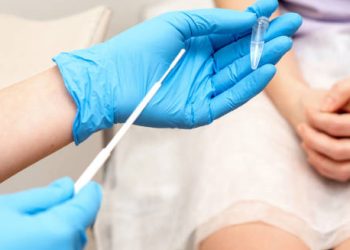Diagnosis and Evaluation of Breast Cancer in Women
The diagnosis and evaluation of breast cancer in women begin with identifying symptoms and confirming them through a combination of tests. Early and accurate evaluation of breast cancer in women improve treatment options and long-term outcomes.
Read about 6 points on evaluation of breast cancer in women below:
1. Clinical breast exam
Doctors manually check for lumps, nipple discharge, or skin changes. While not a definitive test, it can identify suspicious changes that require further investigation.
2. Mammography
A low-dose X-ray of the breast, mammography is the gold standard for detecting early-stage breast cancer. In South Africa, women over 40 are encouraged to have regular mammograms, though access may be limited in public clinics.
3. Breast ultrasound
Often used to evaluate lumps found on physical exams or mammograms. It helps distinguish solid masses from cysts.
4. Biopsy
If a suspicious area is found, a needle or surgical biopsy is done to remove tissue for lab analysis. This confirms the presence of cancer and determines its type.
5. Hormone and HER2 receptor testing
These tests help guide treatment by identifying if the cancer is sensitive to hormones or if it has the HER2 protein, which influences tumour growth.
6. Additional imaging
MRI, CT scans, and bone scans may be used to assess how far the cancer has spread (staging).
In South Africa, mobile mammography units and NGO-supported clinics are expanding access to screening, particularly in under-resourced areas. However, many women still present at hospitals with late-stage cancer due to lack of awareness or limited services.
The diagnosis and evaluation of breast cancer in women is crucial for tailoring the treatment plans and improving survival. Early detection saves lives — making access and education top priorities.
👉 [Next: Treatment Options for Breast Cancer in Women]


